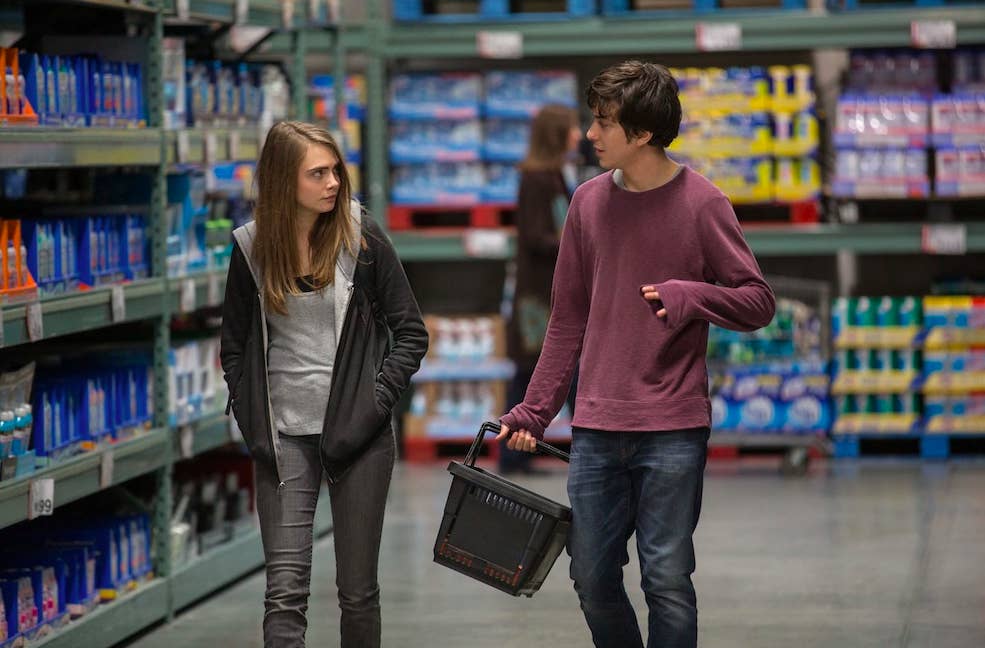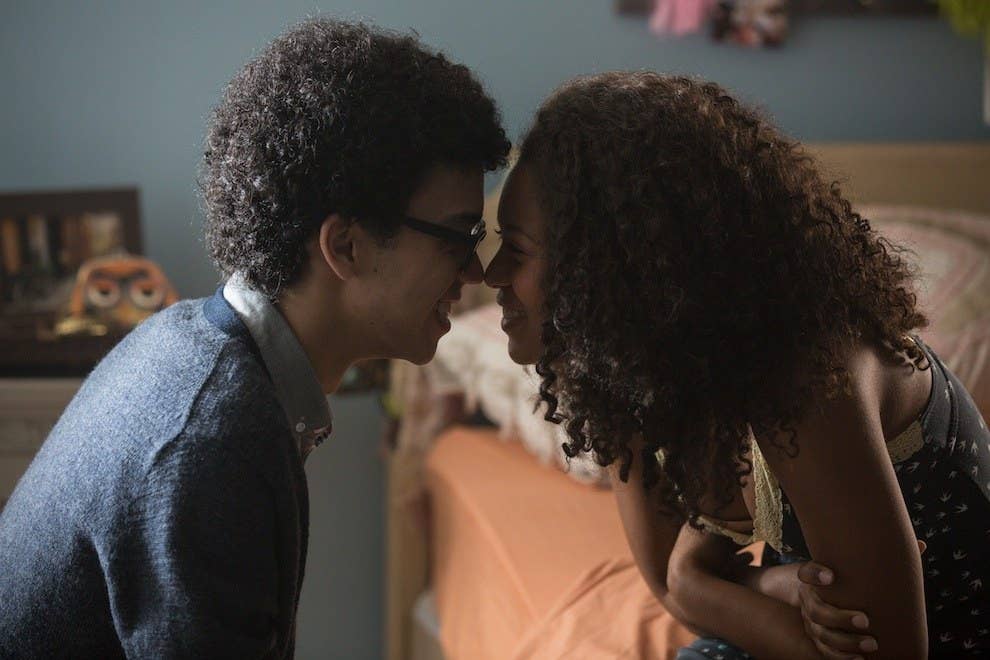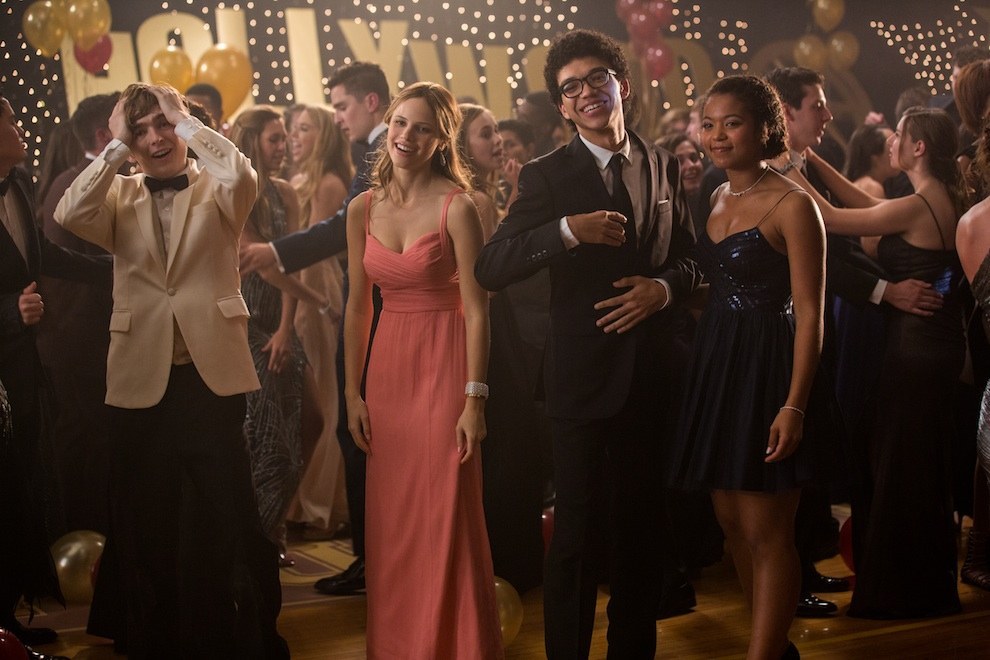
For most of us, our high school friendships mean everything at a time when everything feels like it’s going to be the end of the world; your friends can feel like the only thing sustaining and carrying you through it all. They're the ones who cut class with you and laugh in a parking lot, the ones who drive around aimlessly with you in hopes of finding something to do (even though you know you won't find anything and you'll just end up blasting the radio instead); and they're the ones who listen to you babble and help you plot to get your crush’s attention.
And that's precisely what John Green’s 2008 novel Paper Towns and its movie adaptation that came out this past summer are about.
Friendship is one of the story's most significant and inescapable themes, as Justice Smith, who plays Radar in the movie, and Jaz Sinclair, who plays Radar's girlfriend Angela, recently told BuzzFeed.
"I think your high school relationships are the base of your personality as you go on into life,” Smith said. “You go through all of these different developmental stages together, and you use the things you learn socially in high school later on in life. Your friendships affect the way you interact with people and how you think about the world.”

The main character in Paper Towns, Quentin (Nat Wolff), relies heavily on his friendships with Radar and Ben (Austin Abrams) to get him through his last few weeks of high school. The trio isn’t exactly who you’d consider to be the “cool” or “popular” kids in school, but their friendship proves that they don’t need to be “cool” as long as they have each other.
“Just being a regular kid with regular friends is something a lot more people can relate to,” Sinclair told BuzzFeed. “In not trying to be the cool kids, they are the cool kids. They simply accept themselves, love each other, and enjoy where they are.”
Having gone to high school in a paper town, as it's defined by these John Green characters, with 3,000 students in a Connecticut suburb, that was something I could relate to while watching the movie. Our cafeteria was informally organized the same way most others are, in that there were different lunch tables and social divisions based on your friends (or cliques). There was, of course, a “cool kids” table I’d have to walk by every single day in order to sit with my own friends.
And I related to the characters in Paper Towns – not because they were obsessed with being one of the cool kids, but because they weren’t.

All they wanted was to make memories with each other, because, as Sinclair explained, when it comes to high school friendships, every experience is “more fun and rich when you share them with somebody else.”
“If you go somewhere really cool by yourself and you have a great time, it’s really fun but it’s not the same as if you have someone there with you to experience it with,” she said. “To feel those emotions together, and to have the memories, that's what's important. Friendship makes experiences more real.”
Even if they don't stay your friends forever, your high school friends are the ones who define your memories, get you through hard times, and shape your adolescence. They find their way into the DNA of your coming of age identity whether you realize it or not, because when you're 17, every little moment feels like it’s everything.
And those aren't things that always happen at the cool kid's table.
Paper Towns is now available on Blu-ray and Digital HD.
